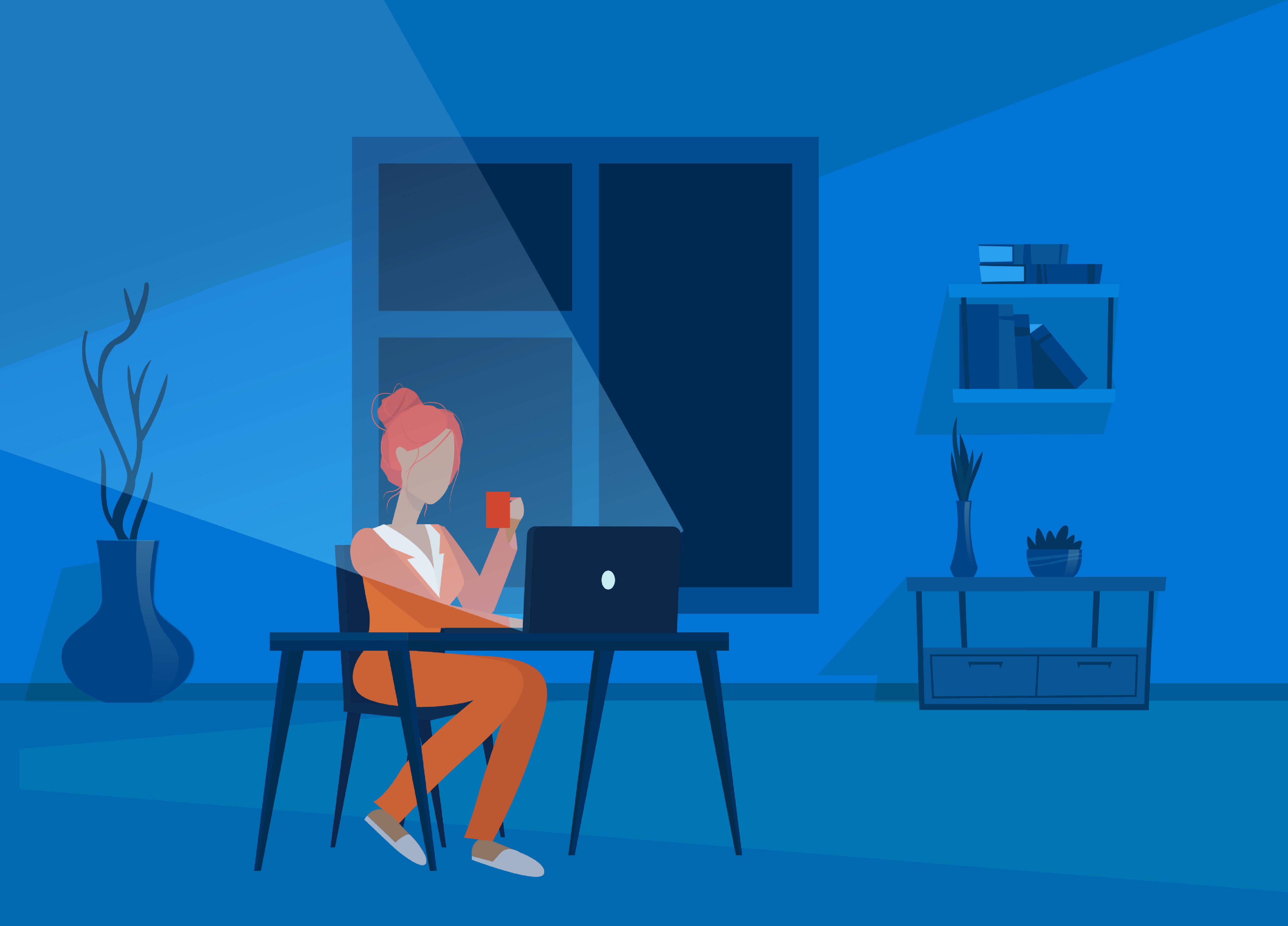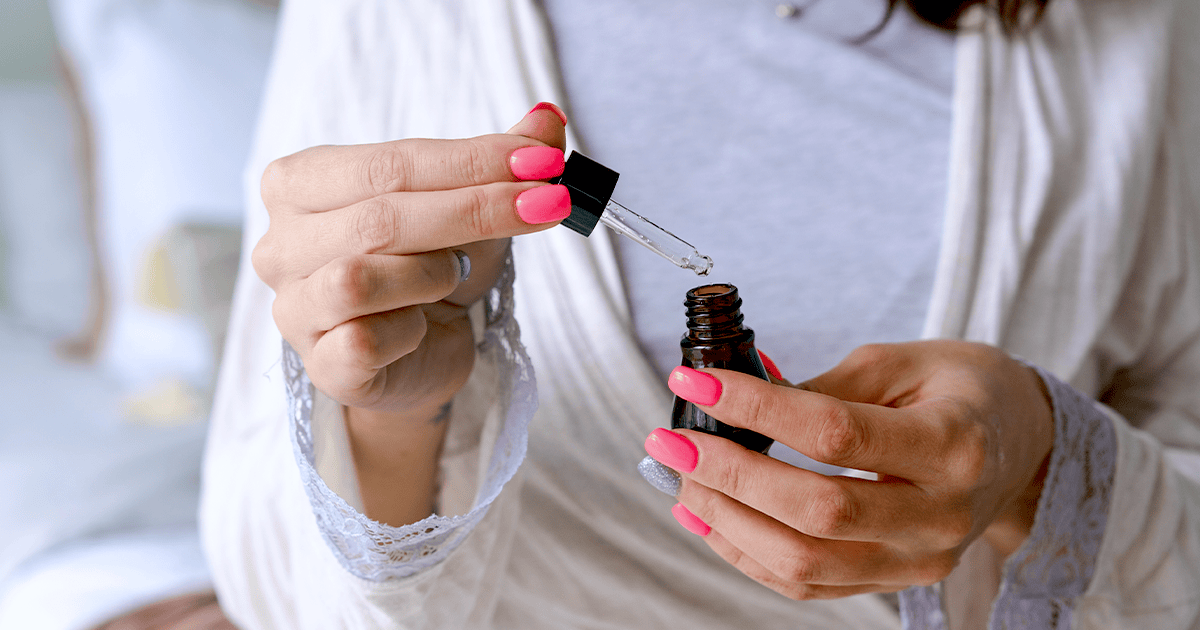
Do you ever have the sinking feeling you should be doing more?
Maybe you think you should be working longer hours, or need to start picking up ‘side hustles’ – extra jobs outside your main employment – even if you don’t necessarily need the money, but just so you’re accomplishing more.
If this sounds familiar, you could be falling prey to hustle culture – a phenomenon that’s picked up during the pandemic.
It’s all about ‘hustling’, or working as much as we possibly can (and then some), suggesting our productivity is linked to our value as a person.
But could hustle culture be putting our wellbeing at risk? Here’s a look at the potential drawbacks of the trend, and what to do about it…
What is hustle culture?
Dr. Robin Hart, psychologist and co-founder of stress and anxiety app Companion, wonders if hustle culture is “an Americanism we’ve adopted”.
The working environment is quite different in the US, where employees tend to have less time off than the UK and Ireland.
Hart says hustle culture – where we feel like we have to work as much as we humanly can – “benefits the employer, because it gets more and more out of the employee”.
There can also be elements of ‘comparison culture’ at play – we might see people around us either working longer hours, or setting up side businesses in their free time, and wonder if we shouldn’t be doing the same.
Hart says the whole phenomenon “plays to any addictive tendencies we have” too, meaning we might find ourselves in a vicious cycle of doing more and more.
Whatever the root motivation, he says hustling 24/7 is unsustainable because someone “can’t work at such a high output for such a long period of time, without their productivity either diminishing in quality and quantity or ceasing to be able to function”.
Ultimately, working too much can lead to burnout – when you might find you’re no longer able to work at all. Hart says hustle culture “gets us to over-identify with our work.
Obviously, what we do is a very significant part of our lives, because we do it 40-plus hours a week, so we will derive some identity from what we do,” he adds.
“But if we’re not careful, if we don’t moderate that, then hustle culture just gets fuelled… Once we start identifying our value as human beings with our productivity and our output, then we’re far too compliant about how much we’re prepared to do.”
Has the pandemic accelerated it?

“Absolutely,” says Hart plainly. “Pre-Covid, there was a huge problem with the blurring of the boundaries [between work and home life] because of the digital world” – and this has only increased, with many of us spending more time working from home and having much less social engagements, we’ve lost the physical demarcations and many of the distractions from our working lives.
Looking back to the winter lockdowns in particular, Hart adds: “Some people were rolling out of bed and working in their bedroom all day, and that I think promoted an enormous amount of mental health problems.”
What are the potential problems with hustle culture?
Burnout is a potential side-effect, and people might experience this differently. “Generally, it’s constant fatigue,” explains Hart.
“It’s a gradual sense of feeling more and more overwhelmed, emotionally drained, low mood, gradually a lack of motivation, and increasingly an inability to fulfill expectations and demands that are placed on you, which previously you would have been able to manage.”
How can you break out of the cycle?
If you feel like you’re increasingly caught up in the pressures of hustle culture, there are several things you can do.
Hart recommends focusing on having a more balanced life by “really looking at boundaries: when you’re working, when you’re not working – and when you’re not working, put the digital stuff away”.
He also suggests taking a more “holistic approach” to taking care of yourself, by “eating well, making sure you sleep well”.
These are some of the practical steps you can take, but on a deeper level, Hart recommends “philosophically looking at our sense of identity, how we derive our sense of identity and what constitutes our value.
Because if we automatically fall into this hustle culture, this belief system that we have to keep producing or somehow we don’t have any value, then it all goes terribly wrong.”
His advice is to put together a pie chart with how much time you want to spend on work, and what you want to do with the rest of the time – whether it’s connecting with loved ones, exercise or hobbies.
Hart asks: “Are there things that you used to do that were really worthwhile, that actually, when you think about it, it’s clear your system’s missing that stimulation, enjoyment and focus?”
If the answer is yes, then it might be worth seeing how you can incorporate these things back into your life.
Hart admits this can be a “difficult” thing to do, particularly if you’re competitive by nature and “derive a sense of self from work”.
However, he says: “It’s about making the automatic patterns that have often become habits really conscious, and saying, ‘Hang on, this is not the way to live life’.”





